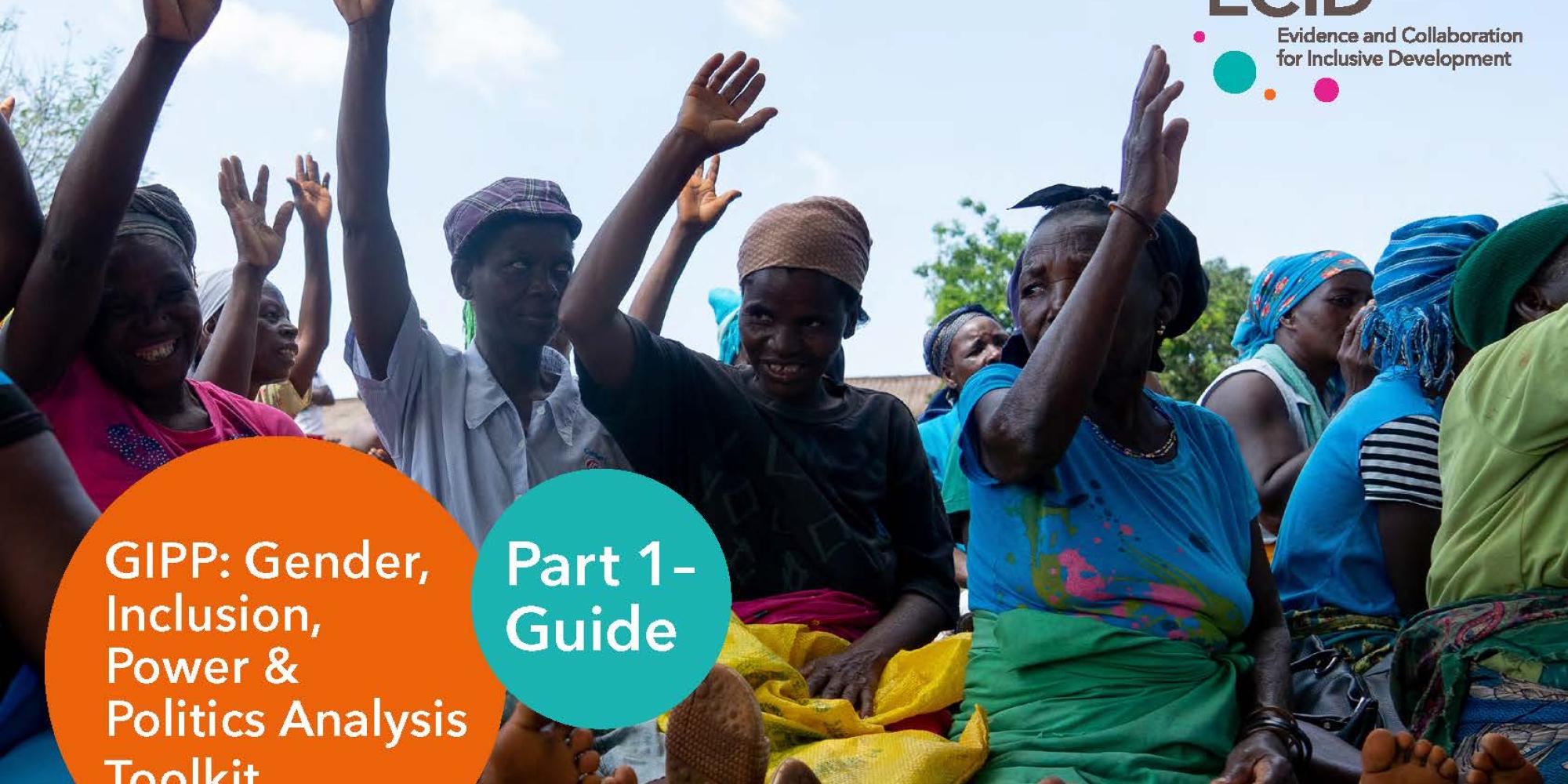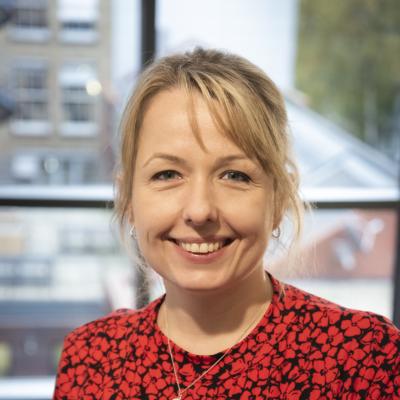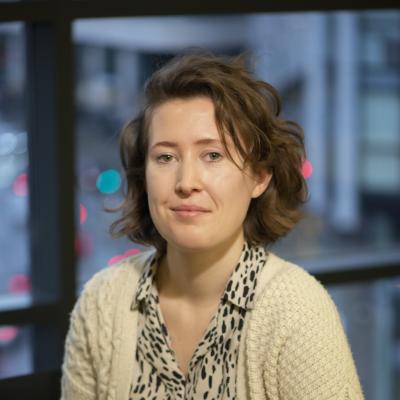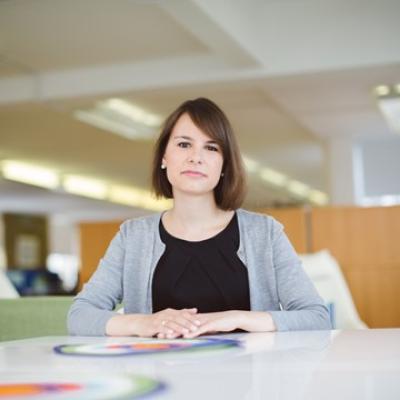
The Evidence and Collaboration for Inclusive Development (ECID) programme (2018-2021) was funded through UK Aid Connect (UKAC)’s Strengthen Civil Society Effectiveness pillar. UKAC was set up by the Department for International Development (DFID) to deliver lasting change to poor people’s lives by supporting consortia of diverse organisations to come together and create innovative solutions to complex development challenges. This programme, managed by Christian Aid, was implemented by a consortium of diverse and complimentary sector leading actors including the African Women's Development and Communication Network (FEMNET), Frontline Aids, the Global Network of Civil Society Organisations for Disaster Reduction (GNDR), Ipsos MORI, On our Radar, the Open University (OU), Womankind and SDDirect.
The ECID programme had an emphasis on data/evidence generation, dissemination, mobilisation, and uptake - generating and using data from, and on, the most marginalised groups and individuals in an interactive, cyclical process to amplify their voices in decision making at all levels in three target countries: Myanmar, Nigeria, and Zimbabwe. This approach aimed to foster connections and collaboration between a wide range of stakeholders (civil society, government, private sector). The programme had a particular focus on women and girls, ethnic minorities, lesbian, gay, bisexual, transgender, queer and intersex people, persons with disability and people living with HIV, actively linking these local voices, and lived realities on the ground, to global policy and discourse.
SDDirect was the technical lead on gender equality and social inclusion (GESI) for the programme, responsible for drafting the Global GESI Strategy and supporting its implementation, as well as leading the development of a GESI aware approach to political economy, termed ‘Gender, Inclusion, Power and Politics’ (GIPP) analysis. The GIPP analyses were reviewed and updated on a regular basis to support ongoing implementation and adaptation of the programme.
-
A GESI scan approach paper and set of tools for the annual GESI scans undertaken at the country level and global level
-
Research and data collection ethical protocols and guidelines, developed jointly with Open University and Christian Aid’s Research, Evidence and Learning Team, including a standalone guidance note on undertaking ethical research during COVID-19.
-
Technical support on safeguarding, disability inclusion and gender-based violence.





